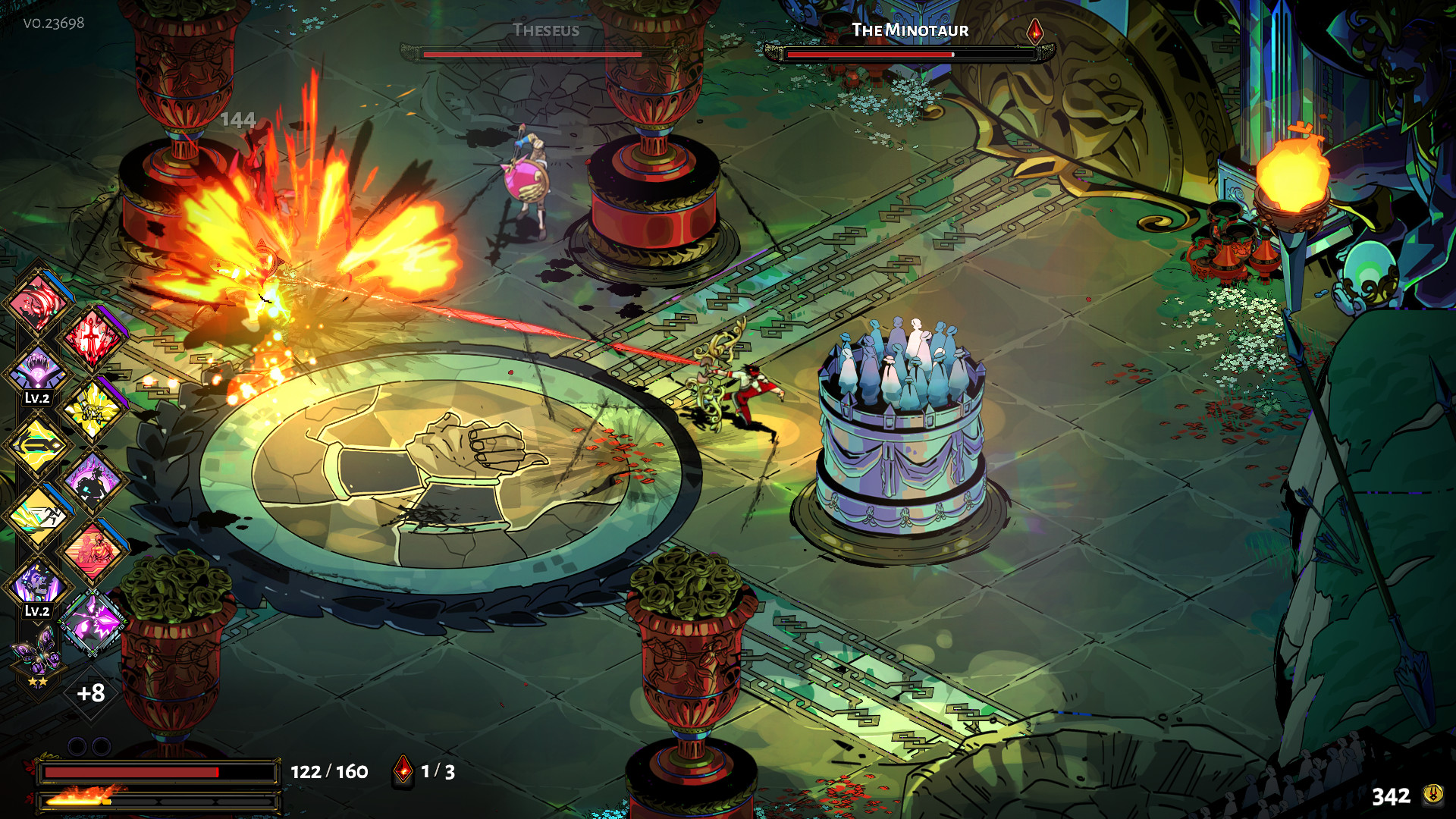
Reading Response #6
Chapter 6: “Game Design”
Annie Nguyen
11-5-22
Music 256A
Play, and the Tofu Burger Principle
I was really excited to read this chapter, as games and game design are easily some of my most favorite things to talk (read: nerd) about. These two principles resonated with me:
Principle 6.1: “Play is what we do when we are free; play is what we do to be free”
Principle 6.20 “The Tofu Burger Principle: gently introduce people to new experiences.”
At least for me, these two principles speak to why I love the games that I do, and they probably apply to many others as well. As Ge neatly puts it, we “play for the sheer intrinsic worth of the activity,” simply relishing in that moment (and trying not to focus on the daily tasks and stresses of life, in my case). I’m reminded of an earlier lecture in the quarter, in which Ge commented on his seemingly “pointless” and “useless” work in making computer music and computer music tools (in comparison to other professions that are considered to contribute more to society). Presently, I feel like society sees games, particularly video games, in a similar light; if it isn’t helping you grow to benefit society, then it is a waste of time. What is more often neglected, and what Ge touches on in this chapter, is that it is a natural part of human behavior to play. It has been a source of discovery and innovation in the past, and in today’s productivity-focused world, it is a source of relief and rest. Perhaps this is more specific to my constantly-working-college-student self, but with the few times I get to play games, it also helps ground me back to being more “human” than a productivity machine. They can be deep, complex games with interactive storytelling, or simply one aspect of a game that puts me at ease. While this chapter is focused on the visual and mechanical parts of video game storytelling, the well orchestrated, detailed, and intentional music of video games is another factor that helps the player enjoy the moment. When there is well-placed music, set in the right part of a game, coupled with beautiful visuals, and with just the right amount of interaction with a scene, that moment is sublime. For me, that is artful design in the medium of interactive storytelling.
Of course, starting a new game poses quite a learning curve, for new and experienced players. Hence why the Tofu Burger Principle is important; a player can easily be driven away from an experience if they are bombarded all at once. One of my favorite games of all time, Hades by Supergiant Games comes to mind. It was my introduction to rogue-like/rogue-lite games, which generally center on one feature: any progress from the start point to the end goal of the game will be completely lost once the player loses all their lives, and they must start over. I was initially extremely intimidated; while I love Supergiant Games for all the details in their games (art, mechanics, music, voice acting, storytelling, to name a few), this was my first time actually playing one, and in a genre known to be difficult. However, the design of the game takes this into account, and introduces elements to the player one by one. They encounter how certain power-ups work and how different enemies fight slowly, all accompanied by just enough narrative guidance to help them piece the puzzle together. At first, I was just hacking and slashing my way through enemies in hopes of surviving. But when the narrative gently welcomed me back to the starting point every time, I realized that dying and going back was where you progressed the story. In order to progress the story, I needed to go back out and fight enemies to gain materials, reaching as close to the end goal as I could before I would inevitably end up back at the start again. In this loop, you gradually gain a better sense of flow as you form your play style, and ultimately get better at the game. The game provides additional challenges for the experienced players, but always starts off at the same pace for new players. I credit the detail to good difficulty scaling as a large part of why I still play the game today.
